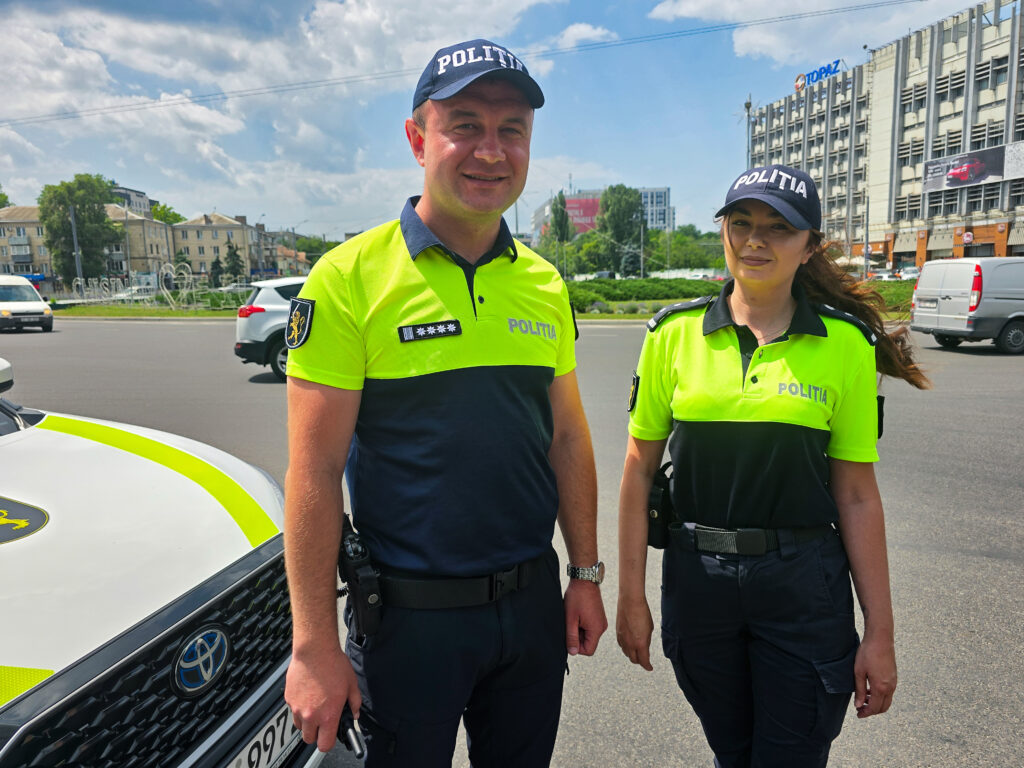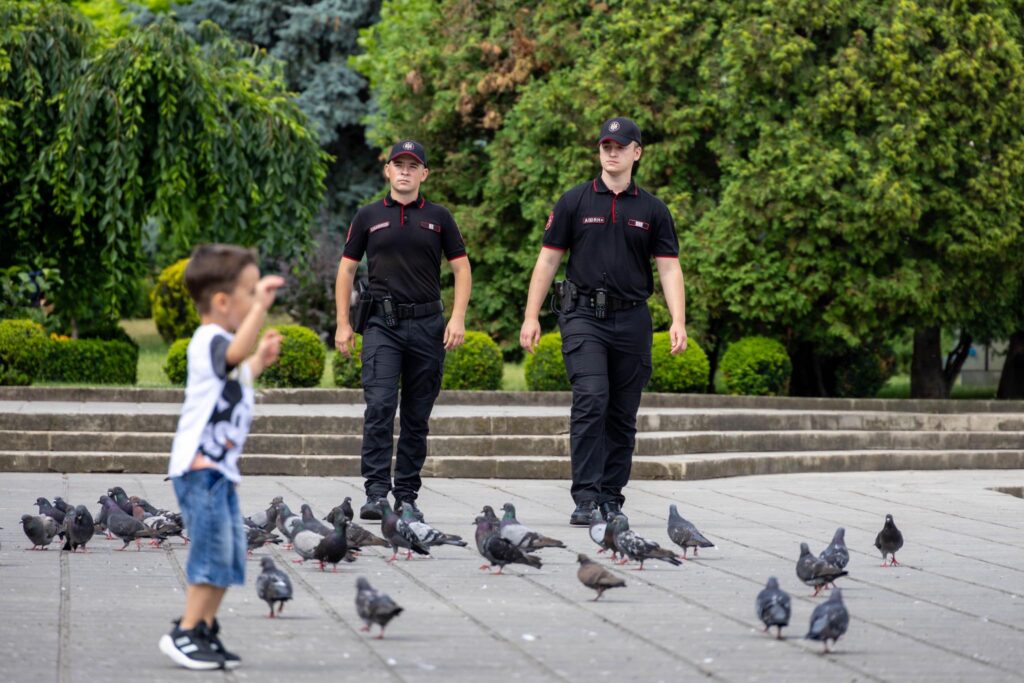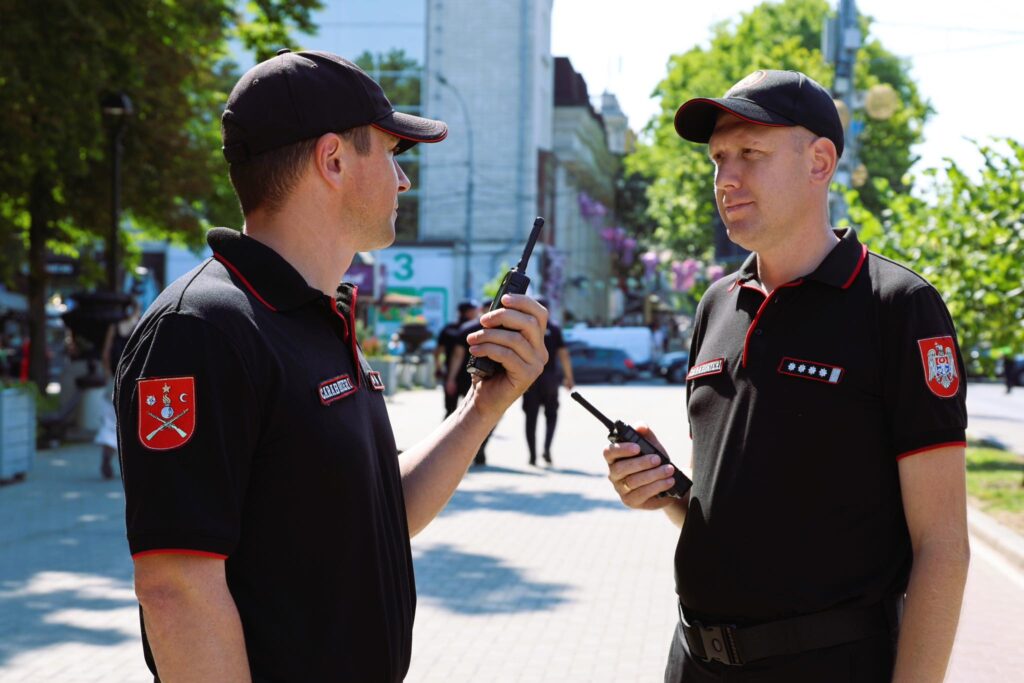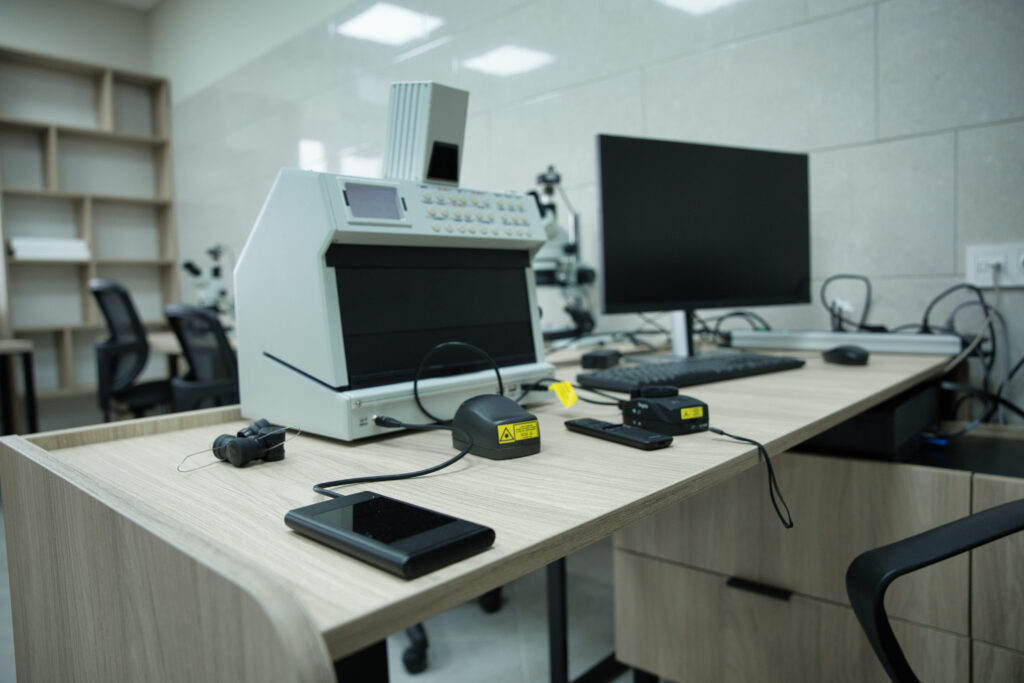To ensure that these priorities reflect the needs of society, the Ministry of Internal Affairs has launched a series of public debates, inviting civil society to participate in consultations on national strategic programs. These programs aim to strengthen the internal affairs system and deliver high-quality services that guarantee security and public order in line with European standards.
The Strategy for the Development of the Internal Affairs System 2026–2030, updated and approved by the Government in August, goes beyond being a standard policy document. It serves as a roadmap for Moldova’s path toward building a secure, modern state firmly anchored in European values.
The strategy sets out seven sectoral programs that define the Ministry’s priorities and the practical steps for achieving them.
Three of these programs are particularly important for strengthening national security, safeguarding social peace, and fostering a climate favourable to economic growth and investment: the National Program for Public Order and Security, the National Program for Crime Prevention and Control, and the National SALW Program for Security and Arms Control (approved by Government Decision in August).
These initiatives reflect Moldova’s commitments under Chapter 24, Justice, Freedom, and Security, form part of the Rule of Law Roadmap – a key benchmark in the country’s EU accession process, and align with the requirements of the EU-supported Growth Plan for Moldova.
1. National Public Order and Security Program (2026 -2030)
Public order and security form the foundation of every functional democratic state. Without safe communities, fundamental rights cannot be fully exercised, nor is there solid ground for the economy to grow.
The National Public Order and Security Program introduces a modern vision inspired by European best practices. Its main objectives are to reduce crime, strengthen citizens’ trust in the police and border police, and shorten response times to emergency calls.
This program goes beyond statistics and procedures. It aims to bring the police closer to citizens by advancing digitization, enhancing inter-institutional cooperation, and placing special emphasis on protecting vulnerable groups. In doing so, the state conveys a message of social solidarity and a clear guarantee that no one will be left behind.
The relevance for national security is evident: by strengthening the public order system, Moldova increases its resilience to hybrid threats, external pressures, and internal instabilities. At the same time, it consolidates the social peace essential in today’s fragile geopolitical context.
2. National Program for Crime Prevention and Control (2026–2030)
Crime, in all its forms, is a constant test of the state’s capacity to safeguard life, property, and fundamental freedoms. The National Program for Crime Prevention and Control for 2026–2030 is Moldova’s direct response to these challenges and a clear demonstration of its firm commitment to the European Union.
What makes this program innovative is its multidimensional approach: integrating modern technologies, advancing investigative techniques, strengthening international police cooperation, and expanding data exchange with European law enforcement agencies.
Special attention is given to combating cybercrime, addressing digital violence against women and children, and reducing the influence of organized crime networks. In doing so, Moldova not only strengthens its internal security, but also fulfils its commitments under Chapter 24 and the EU-Moldova Association Agreement.
In the long term, the program’s impact will be visible in stronger social peace, through fewer victims, reduced violence, and a safer online environment, as well as in economic growth, since a secure and law-abiding environment is essential for business development.
3. National SALW Program for Security and Arms Control (2026–2030)
In a regional context marked by war and instability, the proliferation of small arms and light weapons remains one of the most serious threats to national security. The National SALW (Small Arms and Light Weapons) Program addresses this challenge through a regulatory and operational framework fully aligned with EU and UN standards.
The program’s objectives are clear: reducing the risks posed by illegal weapons, increasing the number of weapons voluntarily surrendered, and enhancing the capacity of authorities to detect and combat illicit trafficking. For citizens, this translates into fewer weapons-related incidents, safer communities and a stronger sense of security.
Beyond its domestic benefits, the program strengthens Moldova’s credibility as a responsible partner on the international stage, capable of managing cross-border risks and contributing to regional security. In line with Moldova’s Roadmap and Growth Plan, the SALW Program demonstrates that Moldova is not only a recipient of support, but also an active provider of security.
Conclusion
The three programs – public order and security, crime prevention and control, and arms control – represent the core pillars of Moldova’s security architecture for 2026 – 2030.
They are mutually reinforcing, addressing both the immediate need for citizens’ daily safety and the broader challenge of cross-border risks and hybrid threats. The Public Order and Security Program ensures community peace and strengthens public trust in institutions. The Crime Prevention and Control Program focuses on dismantling criminal networks and reducing the impact of cybercrime. The SALW Program tackles one of the gravest threats to regional stability – the proliferation of illegal weapons – while reinforcing Moldova’s role as a responsible partner in international security cooperation.
Together, these initiatives create a coherent and interdependent framework that enhances national resilience and brings Moldova closer to European standards in security and justice.
Their implementation will result in:
• a tangible increase in citizens’ safety,
• strengthened public trust in state institutions,
• reduced vulnerabilities to organized crime and external threats, and
• a direct contribution to regional stability.
These programs are both a condition and a tool for advancing Moldova’s European path: a condition, because security and the rule of law are fundamental criteria for accession; and a tool, because they demonstrate Moldova’s ability to deliver concrete results and to operate as part of the European security and justice area.
The period 2026 – 2030 is set to be one of strategic transformation, where internal security, social peace and European integration are deeply interconnected, offering Moldova the opportunity to strengthen its position as a stable, predictable and forward-looking state.








